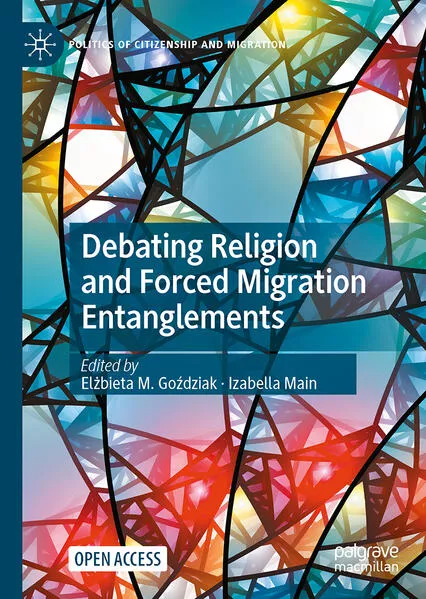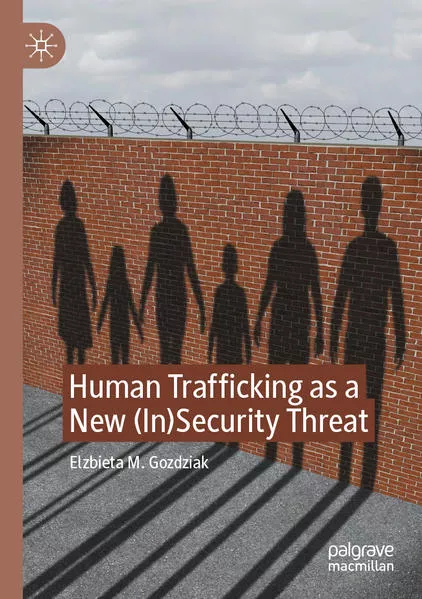
- Publikationen ca: 4
- Buchbewertungen ca: 2
- Fragen & Antworten
Elżbieta M. Goździak
Elżbieta M. Goździak is Visiting Professor at Adam Mickiewicz University in Poznań. Previously, she was Research Professor at the Institute for the Study of International Migration (ISIM) at Georgetown University. She held the George Soros Visiting Chair in Public Policy at the Central European University (CEU) in Budapest.
Debating Religion and Forced Migration Entanglements
This open access book brings into dialogue emerging and seasoned migration and religion scholars with spiritual leaders and representatives of faith-based organizations assisting refugees. Violent conflicts, social unrest, and other humanitarian crises around the world have led to growing numbers of people seeking refuge both in the North and in the South.
Debating Religion and Forced Migration Entanglements
This open access book brings into dialogue emerging and seasoned migration and religion scholars with spiritual leaders and representatives of faith-based organizations assisting refugees. Violent conflicts, social unrest, and other humanitarian crises around the world have led to growing numbers of people seeking refuge both in the North and in the South.
Debating Religion and Forced Migration Entanglements
This open access book brings into dialogue emerging and seasoned migration and religion scholars with spiritual leaders and representatives of faith-based organizations assisting refugees. Violent conflicts, social unrest, and other humanitarian crises around the world have led to growing numbers of people seeking refuge both in the North and in the South.



